|
Photo and article by Donna Iverson There seems to be an infinite number of new ways to garden: pollinator gardens, water gardens, native plant gardens, matrix gardening, xeriscape gardening, and hydroponic gardening. But some people, like a neighbor, just plant lots of their favorite flower. In his case, it’s foxglove. And it makes for a beautiful nostalgic sight. Foxglove is not native to North America. It was brought over by English and German immigrants. Pioneers brought it with them as they settled the west. Today it is found predominantly in the Upper Midwest, New England, California and the Southwest. Like many flowering plants, its seeds disperse easily and it can be found growing wild along roads and forest clearings. A prolific self-sower, it creates colonies of pink, lavender, and white colored spikes that bloom in May and June. As early as 1768, it was discovered that foxglove had medicinal qualities. It produced a chemical called digoxin, which was, and still is, used as a heart remedy. Foxglove's scientific name is Digitalis purpurea. Ironically, eating digitalis is highly toxic to humans and animals. Listed as a biennial/perennial, a foxglove garden lends an air of mystery to a yard. Along with the globe thistle in the neighbor’s yard, it evokes an Old World look. As for growing, it prefers a combination of sunshine and shade. It will tolerate poor soil. It is a low maintenance flower that attracts both bees and hummingbirds. Companion plants include phlox, cornflower, lobelia and globe thistle.
0 Comments
A visit to Turtle Bay Iron & Wood Works Story and photos by Ken De Laat “Nature abhors waste and so should we.” - Hendrith Vanlon Smith Jr. The medieval chemical science of Alchemy is defined as a power or process that changes or transforms something in a mysterious or impressive way. And alchemy is a good word to describe what occurs at Turtle Bay Iron & Wood Works Joe Calkins is an artist to be sure but his art is expressed in a method he finds both meaningful and relevant to the human dilemma of what to do about the things we no longer need. This journey involves a particular kind of artistry and depends upon one of the most efficient and practical solutions to our never ending volumes of refuse. Upcycling. No, not recycling. Recycling involves the destruction of waste in order to create something new, whereas upcycling takes waste and creates something new from it in its current state. ‘ The intriguing little studio on the northern outskirts of White Cloud is a testimony to the concept of upcycling. but what Calkins creates and his choice of materials he uses to do so are more like separate art forms. His vision determines the direction of the piece and also discovers what items of once useful items will come into play. With years of welding experience, some time on his hands and the purchase of the building that houses Turtle Bay, Joe began by using some of the extensive trash and debris he’d found on the property to create items that took on new identities. Items once considered to be junk collaborated under Joe’s guidance to become captivating works of artistic expression that have found homes far beyond the workshop at Turtle Bay. And he seems to have an abundance of material. Timing chains, nuts and bolts of various sizes, thin strips of metal banding, long forgotten kitchenware and a plethora of items that somehow serve up the inspiration needed for transformation. Beyond the wide array of his artistry the shop is also home to a large collection of wonderful heirloom furniture pieces, each also a rescue item, and managed by Joe’s partner in the store as well as in life, Sharon Calkins.
Turtle Bay Iron and Wood Works located at 901 N. Evergreen Dr in White Cloud is a real find for fans of classic furniture pieces and aficionados of unique and thought-provoking metal art. Joe said he’s usually at the studio between 11a-5p Tuesdays through Saturdays and by appointment. Their website is www.turtlebayart.com By Sally Wagoner, NCEC April is Vernal Pools Month in Newaygo County! Katie Clark, the Vernal Pool Patrol Coordinator for the Newaygo County region, will be offering a series of free presentations and monitoring training throughout the month. What are Vernal Pools, and why are they so important to our ecosystems? “Vernal Pools are like our Coral Reefs of the Forest,” states Katie, Vice Chair and Program Manager of the Newaygo County Environmental Coalition (NCEC). “They are small, important wetlands that appear in spring and dry up during the fall. They are ideal breeding grounds for a variety of amphibians and invertebrates that would be vulnerable to lake or stream fish; the fairy shrimp, wood frogs, spotted and blue spotted salamanders can only breed in Vernal pools. They even travel back to their birth Vernal pool to spawn.” The Vernal Pool Patrol, organized by the Michigan Natural Features Inventory (MNFI), is one of the pioneering statewide vernal pool monitoring programs in the country. This program owes its success to the dedicated community “citizen scientists” who are passionate about nature and committed to preserving Michigan’s unique ecosystems. As part of the larger Michigan Vernal Pools Partnership, the Vernal Pool Patrol aims to advance vernal pool research and conservation across the state. “Newaygo County’s vernal pools are waiting to be discovered and protected,” states Katie. “Many people have vernal pools on their property, or near where they live, and don't even know it. But by joining the Vernal Pool Patrol, you will become a guardian of these unique habitats.” The following Vernal Pool Drop-In Presentations are family friendly and do not require registration:
Vernal Pool Field Part 2 Trainings are for those interested in learning how to identify Vernal Pools, collect samples and enter information into the MNFI database. Upcoming Field Trainings are:
On Saturday, April 27, 1pm-3pm, NCEC will partner with the Land Conservancy of West Michigan for a Vernal Pools Foray at McDuffee Creek Nature Preserve near Bitely, Michigan. Katie Clark will lead this family-friendly introduction to vernal pools. Participants will learn how to identify the natural features of a vernal pool, the unique critters that can only breed in them, and how one can get involved with the Newaygo County Vernal Pool Patrol. Space is limited and registration is required. For more information and to reserve tickets, go to Vernal Pools at McDuffee Creek Preserves, or contact Katie Clark: katie.c@nc-ec.org. The Newaygo County Environmental Coalition invites community members to become “Citizen Scientists” to help identify and monitor these elusive, short-lived ponds that are vital to the health of our diverse forest ecosystem. Attendees of the monitor trainings will be prepared to become an official member of the new Newaygo County Vernal Pool Patrol! “Monitoring vernal pools is a great activity for families, even with young children. What kid doesn’t like putting on their boots and walking in the water?” added Katie. “Together, we can support the beauty and sustainability of our environment and ensure that future generations can enjoy the wonders of Newaygo County.”More information about NCEC’s Vernal Pools and the event dates can be found at the www.nc-ec.org Calendar Page, or scan the QR code. Follow NCEC on Facebook to keep up with more events (www.facebook.com/NCEC2), or request to join the monthly Enews: buzz@nc-ec.org. You can learn more about Vernal Pools by visiting the Michigan Vernal Pools website: www.mivernalpools.com. |
Archives
April 2024
Categories |
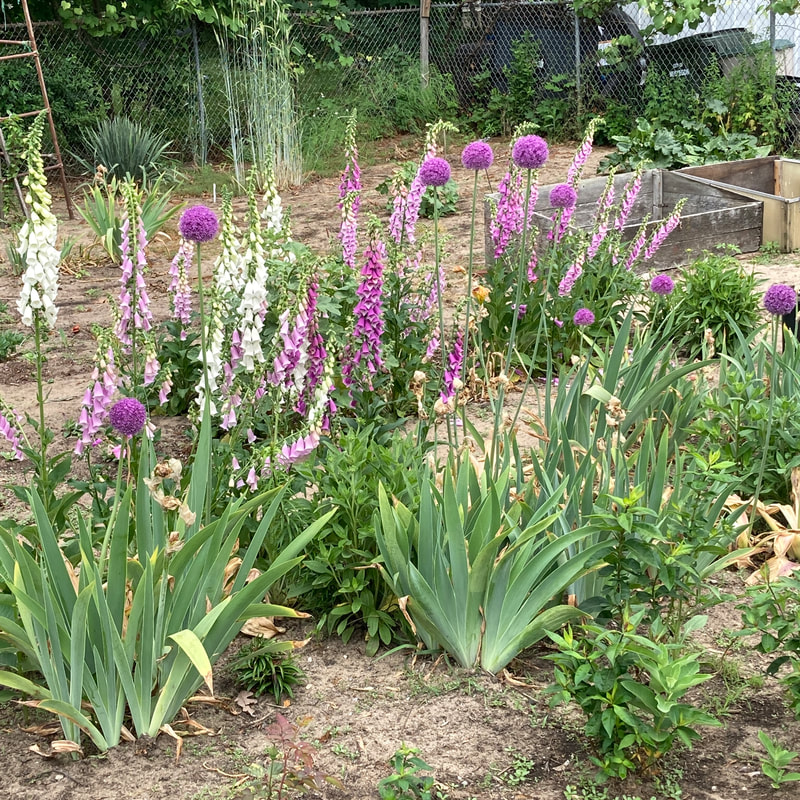
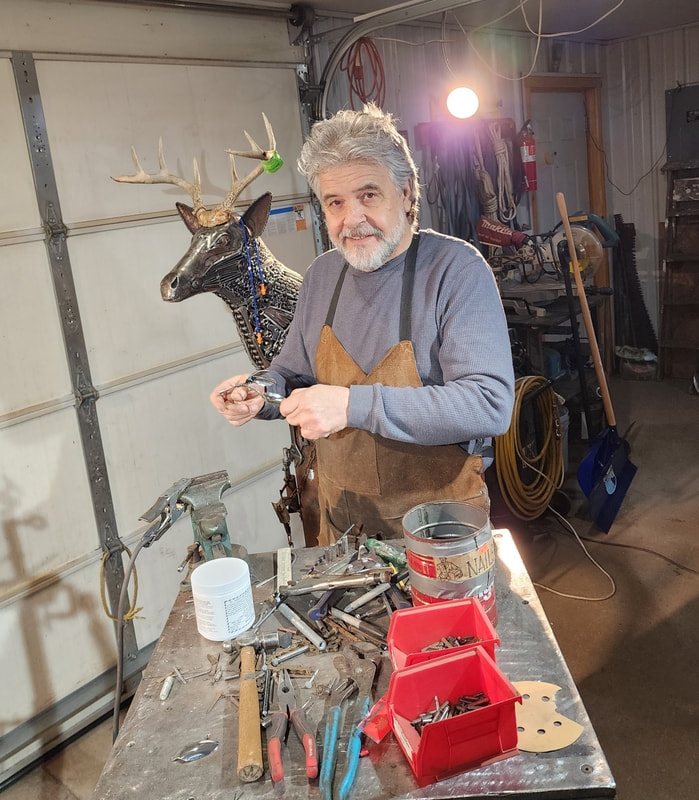
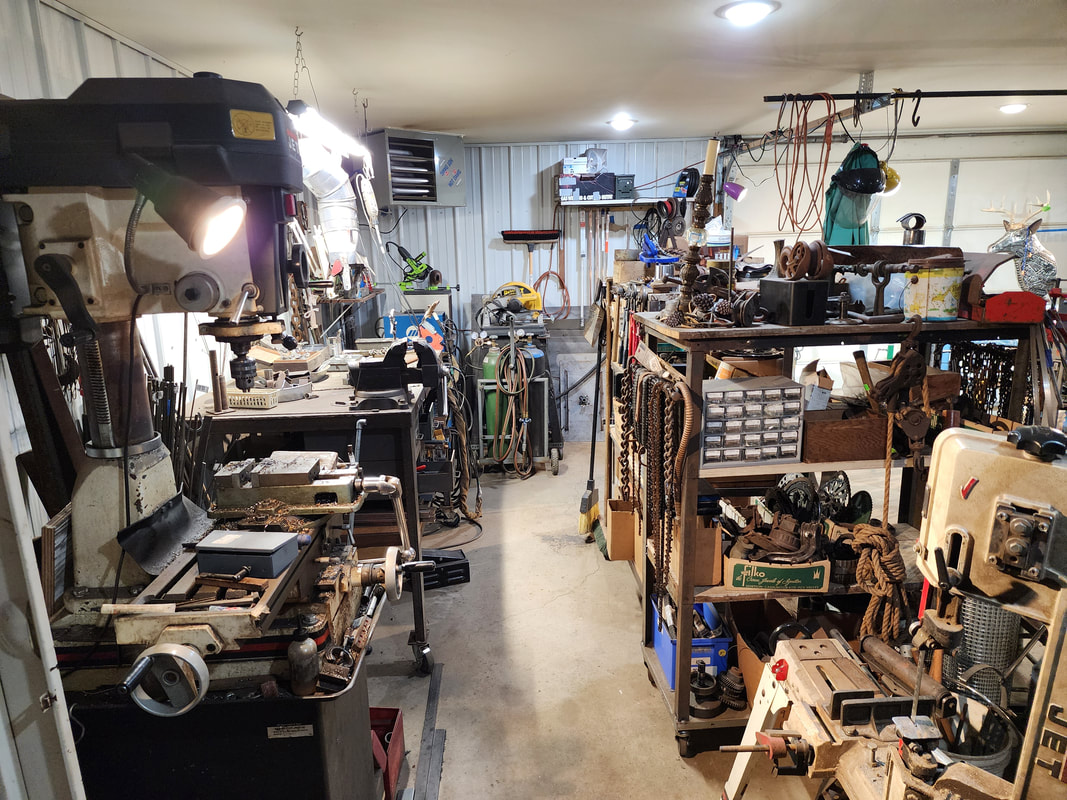
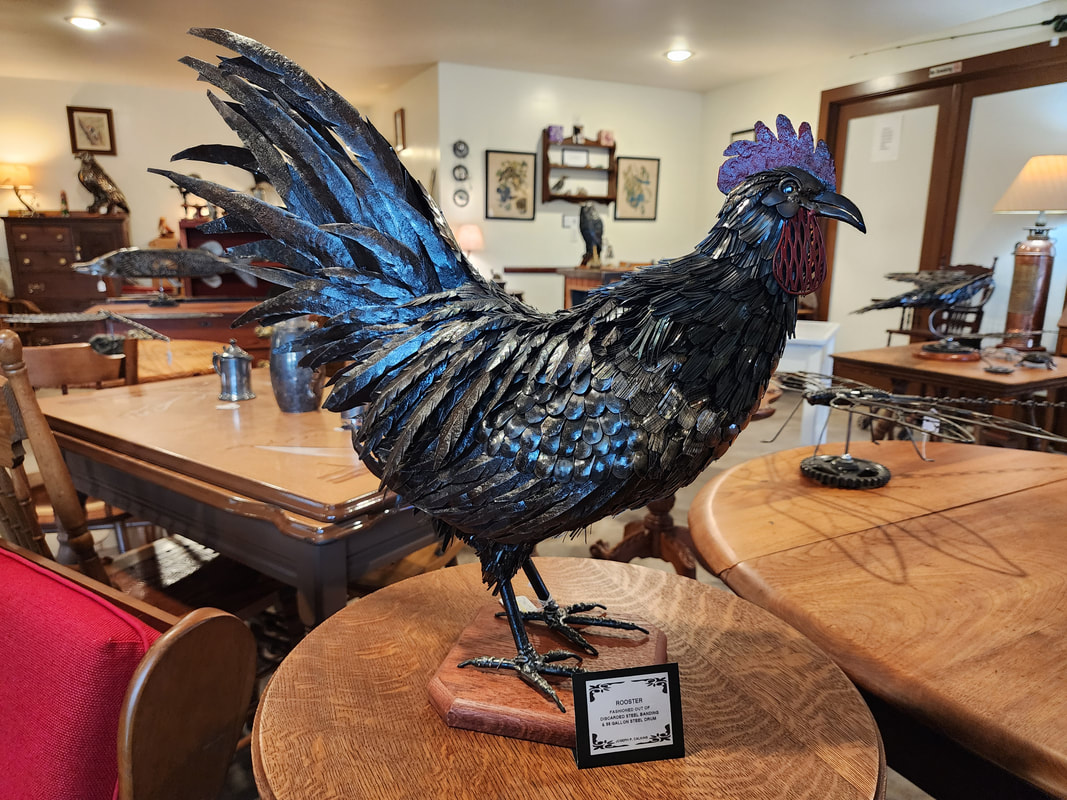
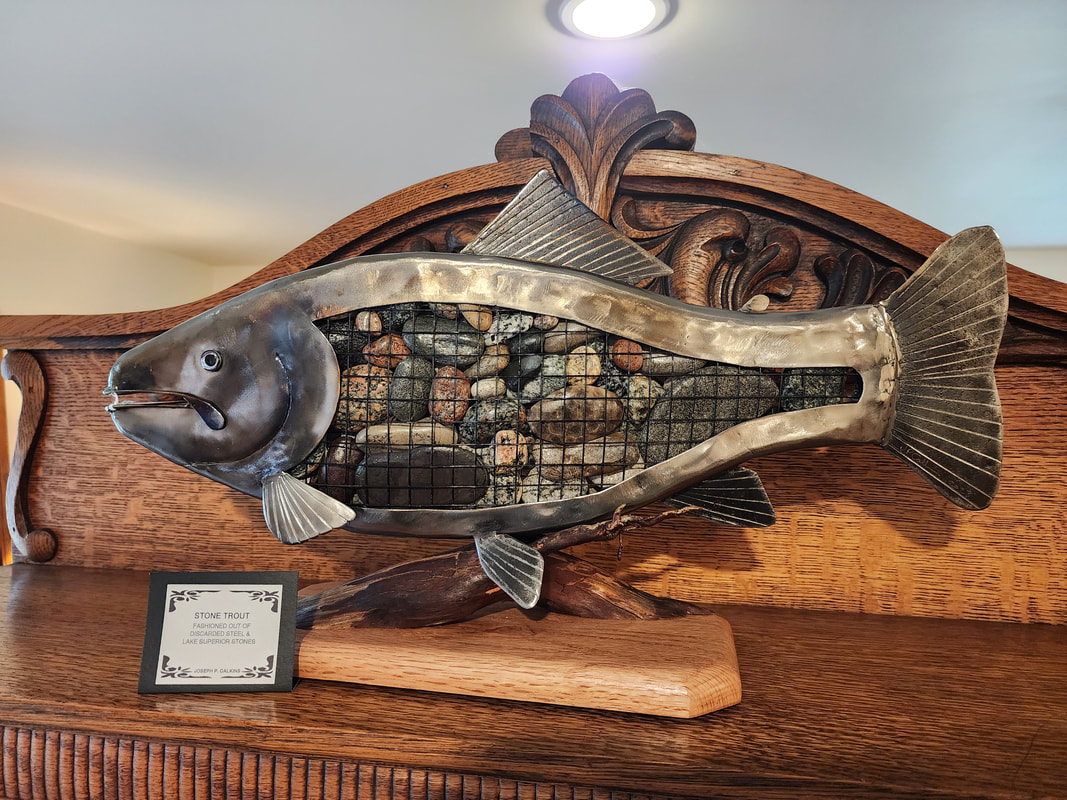
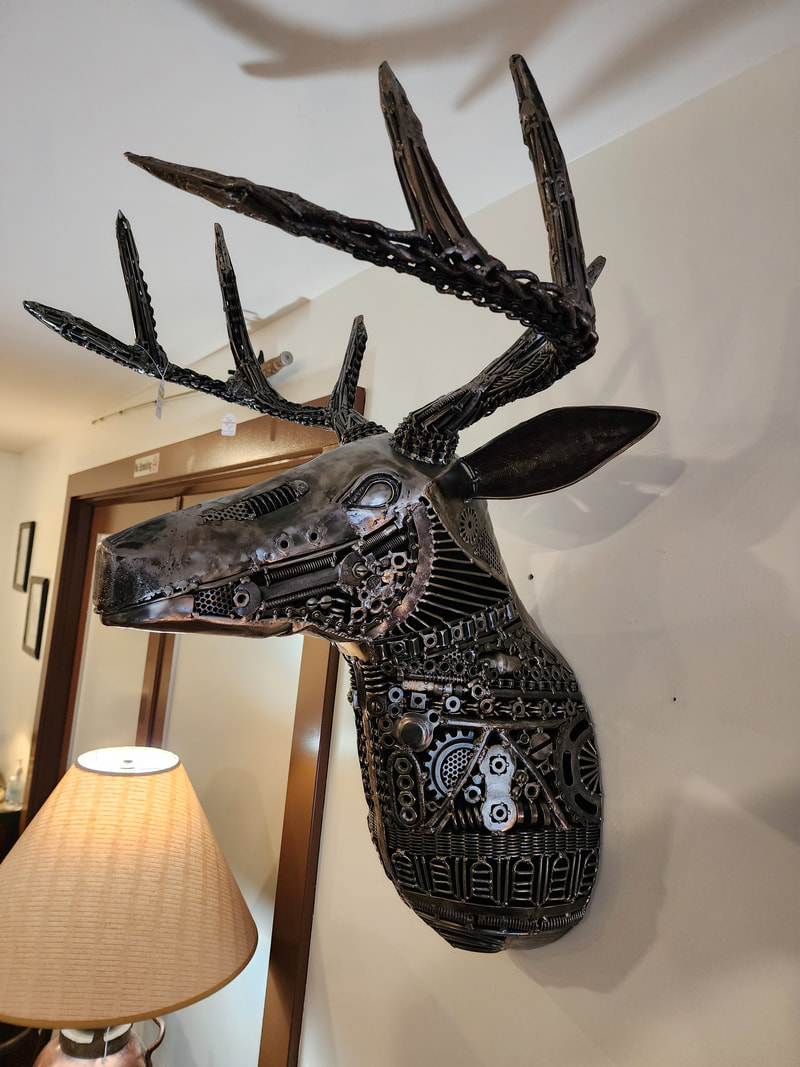
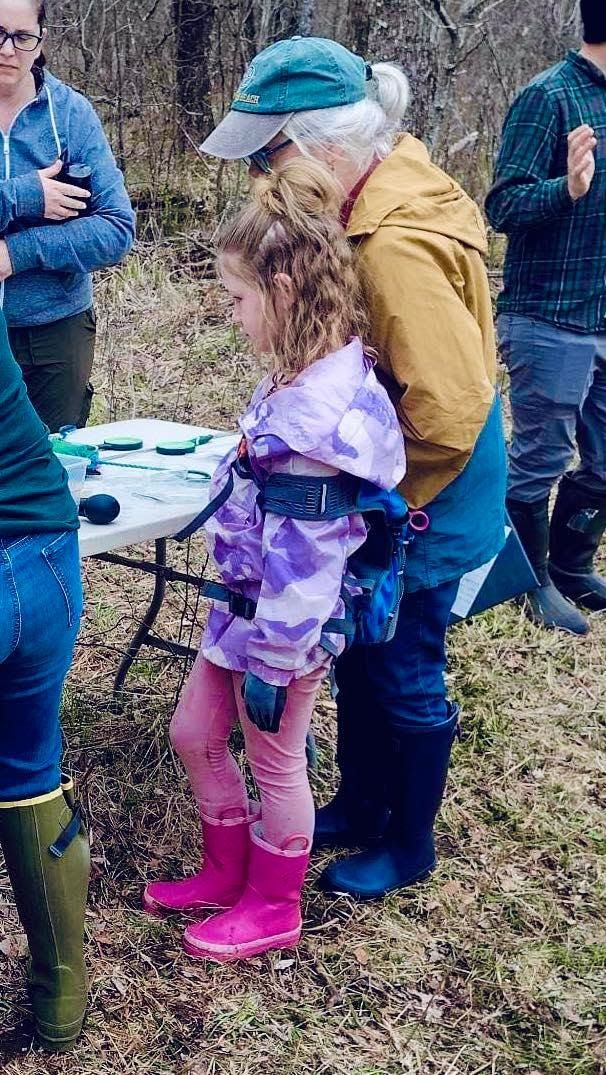
 RSS Feed
RSS Feed